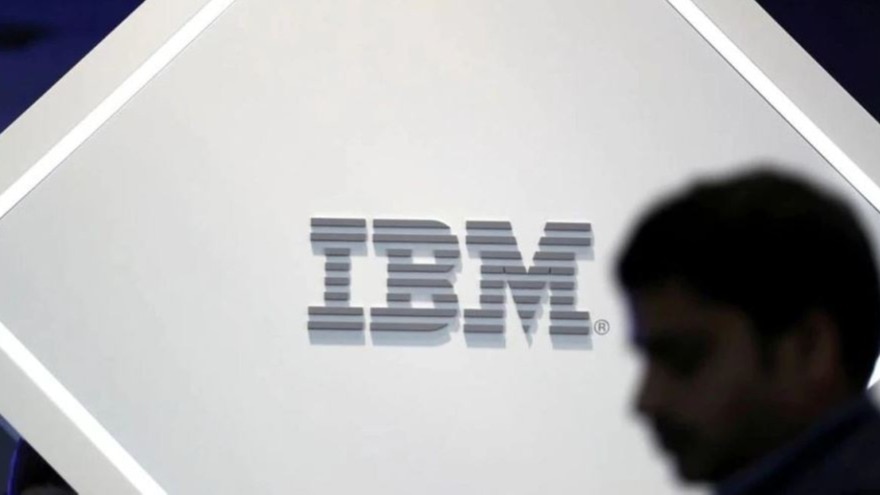IBM has reportedly laid off around 8,000 employees, with the majority of job losses concentrated in the Human Resources (HR) department. The move comes as part of a broader effort by the US-based tech giant to integrate artificial intelligence (AI) into its operations, particularly in back-office functions.
Earlier this month, IBM replaced approximately 200 HR roles with AI agents capable of handling repetitive administrative tasks such as responding to employee queries, processing paperwork, and organising HR data. These software-driven agents require minimal human supervision and are designed to boost efficiency while reducing costs.
The decision signals a significant shift in how the company manages its workforce. IBM CEO Arvind Krishna has been vocal about the company’s growing reliance on automation. In a recent interview, he said AI is being adopted “very aggressively” to streamline enterprise workflows. Despite the cuts in some areas, he emphasised that IBM’s overall headcount has actually increased, as savings from automation are being redirected into other functions like software development, marketing, and sales.
“While we have done a huge amount of work inside IBM on leveraging AI and automation on certain enterprise workflows, our total employment has actually gone up,” Krishna said. “It gives you more investment to put into other areas.”
Krishna further noted that IBM isn’t simply cutting jobs to reduce numbers, it is modernising. The company is reshaping its workforce to focus on roles that demand human intelligence, such as creativity, strategic thinking, and people management. Administrative and process-driven roles, by contrast, are increasingly vulnerable to automation.
IBM’s Chief Human Resources Officer, Nickle LaMoreaux, reinforced this view, stating that AI is not expected to fully replace most jobs. “Very few roles will be completely replaced,” she said. “AI will take over the repetitive parts of the job, freeing up employees to focus on areas that need human judgment and decision-making.”
Interestingly, while undergoing internal restructuring, IBM is also promoting its AI capabilities to external clients. At its annual Think conference held this month, the company unveiled a suite of new tools to help businesses build and deploy their own AI agents, compatible with platforms from OpenAI, Microsoft, and Amazon.
IBM’s shift mirrors a broader industry trend. Language learning platform Duolingo recently announced that it is phasing out human contractors in favour of AI. Similarly, Shopify CEO Tobias Lütke has introduced new policies requiring teams to justify new hires by demonstrating that AI cannot do the job instead.

